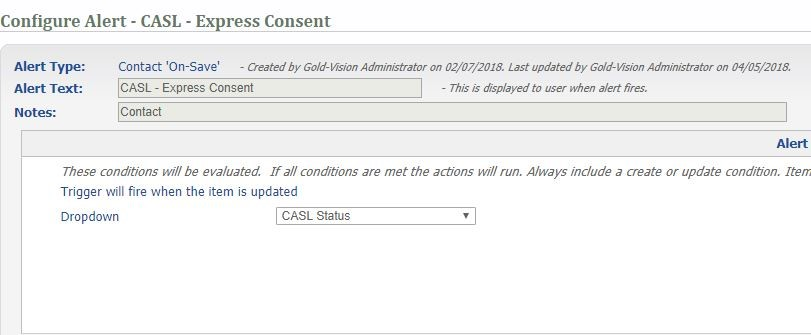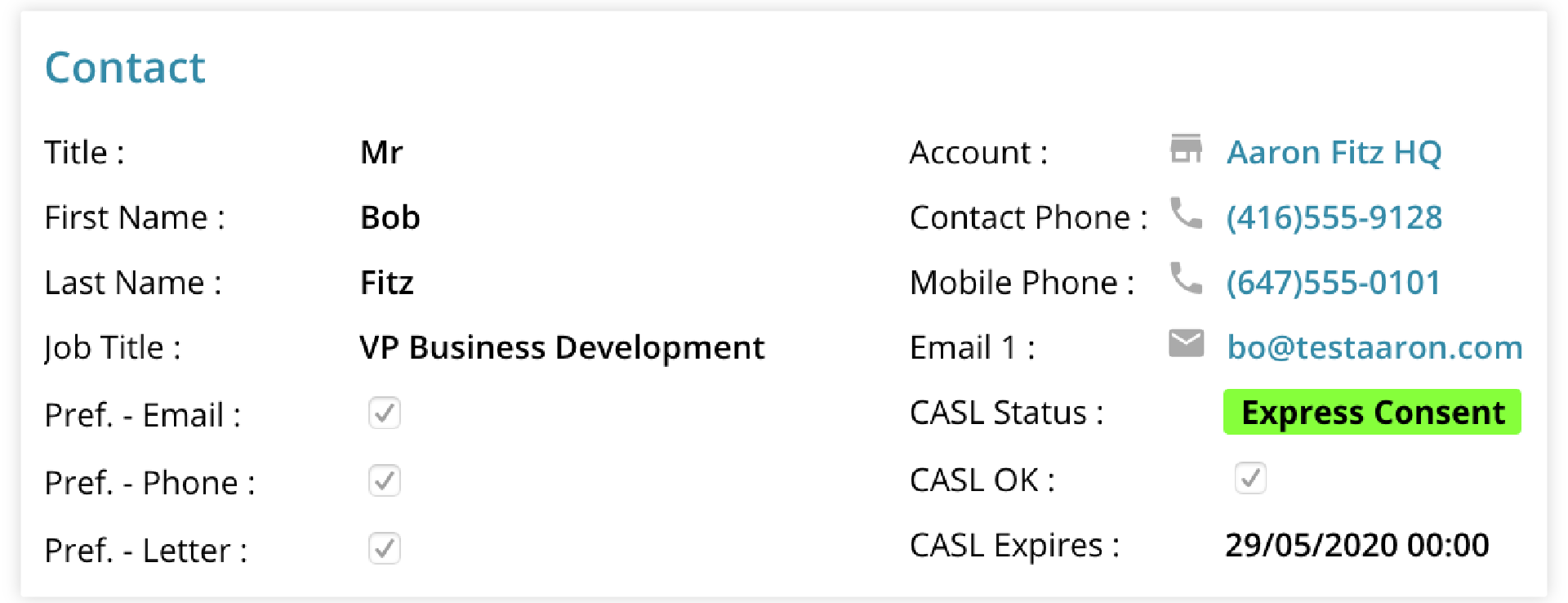How do you reach out to your prospective customers? With the Canadian Anti-Spam Legislation (CASL) now in full force, and proposed changes to PIPEDA recently announced, is Email Marketing still a viable choice for Canadian businesses?
The short answer: Of course it is – as long as you maintain compliance with the law and use a little common sense!
For the long answer, read on to find out exactly how you can ensure you remain compliant, and why it’s not only viable but also really easy to do so with the right software…
What is Canada’s Anti-Spam Legislation (CASL)?
These days, there are regulatory challenges to any business wanting to build a broader customer base through the medium of email, pretty much the world over.
In Canada, those challenges are found in a comprehensive set of laws collectively known as CASL, or Canadian Anti-Spam Legislation – which initially came into play in July 2014, and has since received a number of updates, most recently in July 2017 when the “private right of action” came into effect.
CASL is an effort by the Canadian federal government to return control of who can communicate with us and on what basis.
I view CASL as a good thing, and so should you.
From a personal standpoint, if I now receive a commercial message I no longer want to receive, I know that I can safely unsubscribe from receiving more of them with no difficulty.
As a business person sending business and commercial messages to prospects and customers, I know that those individuals who receive our marketing messages have expressed permission to us. This makes our message much more likely to be read, and our position as a valued supplier to their business will hopefully be enhanced. Our message is not meant to be an annoyance; it’s meant to provide (useful) information.
CASL returns control of the inbox to its owner, yes. But as business people wanting to communicate with our market, how do we work with it when we want to start connecting with a new prospect?
Here lies the real dilemma: how do we market to strangers who have expressed no prior interest in our business?
Qualified, consenting contacts
First, reconcile yourself to the reality that the (bad) old days of obtaining a list of email addresses and churning out buckets of email messages are long gone. In fact, doing so can result in massive fines from the CRTC (Canadian Radio Television Commission) and is just a very bad idea.
Don’t do it.
To comply with CASL, those with whom you communicate via email must be qualified and must provide some form of consent to you in order to receive your marketing content.
That consent can be expressed by the recipient, or implied by your existing relationship – and you are responsible for tracking that consent.
Expressed vs Implied Consent
So, what’s the difference between expressed and implied consent?
Expressed consent is exactly that. The recipient has expressly agreed, either orally or in writing, to receive email from you, with the provision that they can, at any time, unsubscribe from receiving further email messages.
- You must keep a record of the recipient’s expressed consent. That may be an email, a note, an electronic communication to your contact record, or some other type of record.
Expressed consent is not time limited; you can continue to communicate with your recipient forever, provided they do not unsubscribe.
- If your recipient unsubscribes, you must remove them from your emailing list within 10 days of their request. You would need to obtain a new express permission in order to send future commercial messages.
Implied consent assumes some type of existing relationship with your recipient.
- For example, an existing business relationship allows you to communicate with your recipient for up to two years after your last business transaction with the recipient. Again, it is entirely up to you to keep track of this.
The next type of implied consent is somewhat tricky. According to CASL guidelines, if someone “…conspicuously publishes their email address and their title without restrictions, and your message relates to the recipient’s functions or activities in a business or official capacity”, you may send that recipient commercial messages.
However, you must not collect such email addresses using a ‘bot’ or some other automated approach.
- A list of email addresses would qualify as automatically collected, so purchased email lists are out. However, this does mean that you can gather information from a website on a limited basis for the purpose of initially contacting an individual.
Finally, implied consent can be provided through a personal relationship, which again must be proven and must be recent.
- You cannot use Social Media interaction to prove the existence of a personal relationship. You must actually know the person—personally—and your subsequent ‘commercial message’ must be from you, and not from your company.
In all cases, you must ensure that unsubscribe requests are acted on within 10 days, and that such requests are very easy for your recipient to enact.
The Solution: Integrated sales & marketing software
As a business with both customers and offices across the globe, we must ourselves comply with various data legislation – such as the European GDPR directive, which comes into play in the Spring (2018).
As a provider of software that facilitates both the storage of personal data and the sending of customer communications, we also feel it’s our duty to ensure that our product – Gold-Vision CRM – makes it easy for our customers to adhere to such local legislation.
We feel your pain. We share your concerns. And, most importantly, we’ve done something about it!
Gold-Vision, being a full-featured Sales & Marketing CRM system, can make what might be a daunting task of keeping track of your CASL recipients very simple.

We use our bespoke “alerting” system to ensure first that we have permission to email our recipient. If the permission we have is expressed, a checkbox indicates that status and we can link to the consent record itself.
If our recipient is showing as one of the implied forms, our system will track that implied permission to its expiry.

Once the expiry date has arrived, we must have an express form of permission to reinstate, and Gold-Vision auto-unchecks CASL permission until we do.
Because Gold-Vision uses integrated email marketing through Gold-Vision Connect, our commercial email messages have an unsubscribe link that is easy for recipients to use, and instantly updates their contact record to reflect their request.
Integrated CRM makes CASL- compliant marketing easy
Using Gold-Vision, complying with CASL (and PIPEDA!), and avoiding the many negative consequences of contravening this new legislation is both simple and powerful.
There is of course much more detail to CASL and implementing it properly. Other data protection and privacy legislation means that now, more than ever, it is key for businesses to get a better understanding of their data, and of the ways in which they can manage and use it.
In summary, email marketing most certainly is still a viable option for Canadian businesses. And with the right software, compliance can be made easy too.
Want to find out more about Gold-Vision’s data privacy features? Arrange a demo and find out more about how using an integrated solution can make compliance easier for your business.

